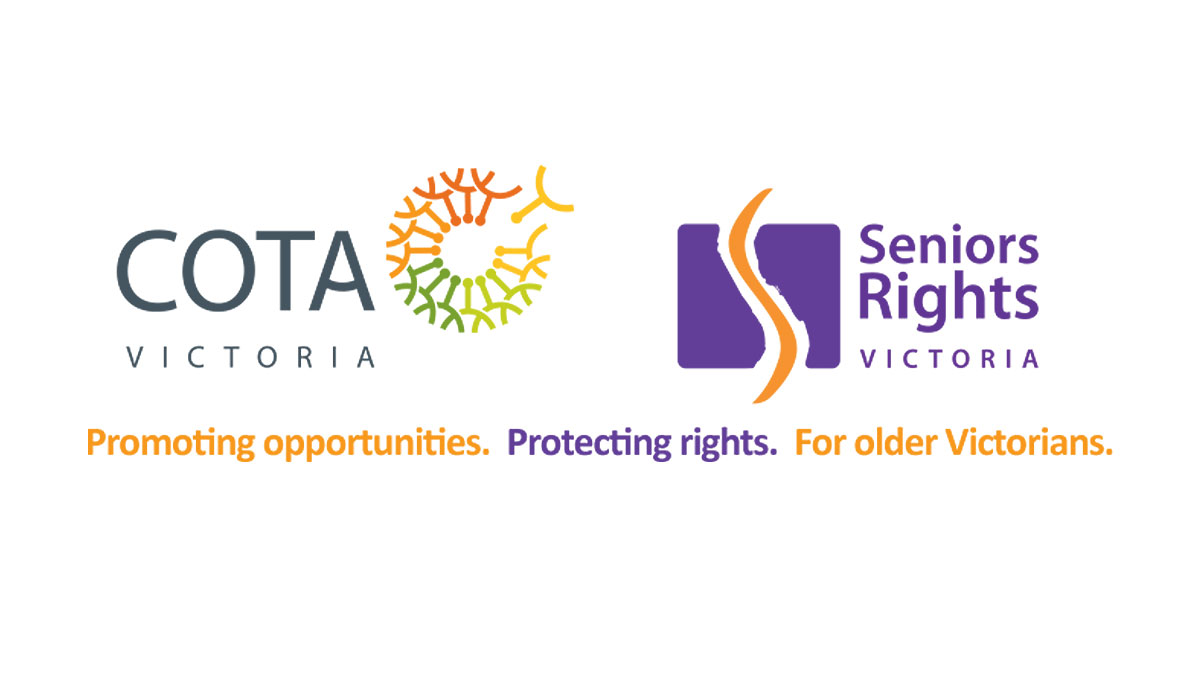From 19 June 2019, voluntary assisted dying will become available in Victoria. Few social policy reforms have been so thoroughly examined in our parliamentary chambers. The legal framework that underpins voluntary assisted dying has been recognised by leading public policy think tanks as an example of best practice in policymaking.
Since the Bill passed in 2017, the guiding principle of delivering ‘safe and compassionate’ voluntary assisted dying has been central to setting up access to the most tightly controlled assisted dying scheme in the world.
Inclusive approach
Over the past 18 months, health services in Victoria have been assessing how best to prepare for voluntary assisted dying. The process of reform has been open, evidence based, respectful and inclusive of all views.
Respect for all beliefs and values
The success of this reform can only be fully realised if the implementation process is supported and respected. An important aspect in passing and implementing the new law has been the right of health practitioners to be conscientious objectors and not participate in providing a service. The intention of the legislation is to respect a person’s autonomy – whether a patient or a doctor. The Voluntary Assisted Dying Act 2017 contains the central guiding principle that all people have the right to be shown respect for their culture, beliefs, values and personal characteristics.
Some doctors have blurred the line between their right not to provide a service and respecting a person’s autonomy and beliefs by establishing themselves as gatekeepers to voluntary assisted dying. This is concerning.
Invitation to learn
In response, the government and the implementation task force continue to invite all health practitioners, no matter what position they hold, to learn in order to provide compassionate end of life care and options to Victorians. There are health services and practitioners that are stepping forward to provide pathways to voluntary assisted dying. These health services and health practitioners are to be commended for working with their staff in assessing how best to support patients who may choose to access voluntary assisted dying.
Service implementation and support
A voluntary assisted dying care navigator service has been established to provide information and support to health practitioners and the community. This will be crucial for medical practitioners and people who live in regional and rural areas where there is limited access to health services.
It may take time, but it is hoped that more health services and practitioners will facilitate access to voluntary assisted dying. As this is now a legal end of life choice available to a few, COTA Victoria wishes to see its successful implementation. This will provide the compassionate care and personal autonomy that people have requested and we must respect that. A health practitioner’s role in caring for a patient does not cease if their patient wishes to access voluntary assisted dying. No person should experience further pain and suffering by being abandoned by a health service or Doctor.
As with all new services, there will be unforeseen glitches and continuous improvement in how voluntary assisted dying works in practice. We can all contribute respectfully to ‘good practice’ and successful implementation no matter what our beliefs are.
Support
If this article raises issues of grief or personal distress we encourage you to raise this with your GP or health practitioner. You can also call the following services for support:
- Lifeline (13 11 14) offers telephone or online support and counselling 24 hours a day, 7 days a week
- Australian Centre for Grief and Bereavement(1800 642 066) offers specialised bereavement counselling and support groups for individuals, children and families.
